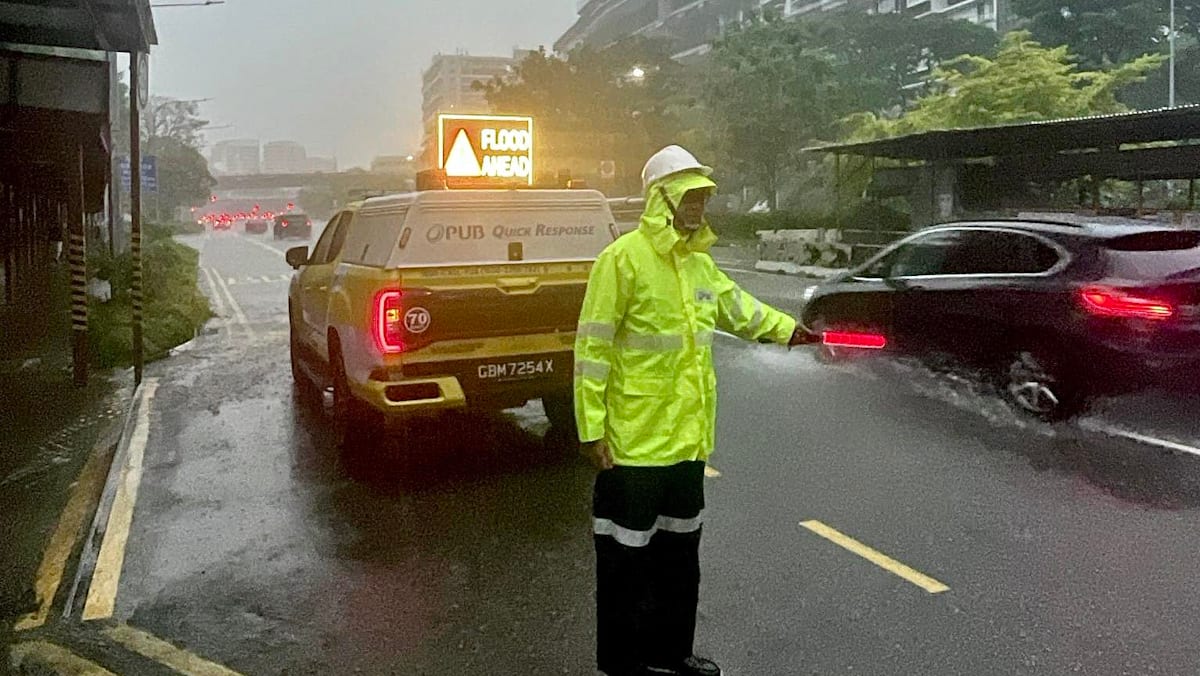What if car dealers close down?
Those who got their cars from dealers or importers who subsequently closed or changed ownership may also not be notified of recalls.
Mr Loo from CarTimes said that when companies close down, owners usually have “no incentive to do anything anymore”.
Agreeing, Sgcarmart’s Mr Chan said it was not realistic for shuttered dealers or parallel importers to notify customers of a recall exercise, because “that chain of communication would no longer exist”.
In the case of the Takata airbag death, LTA had reached out to the defunct parallel importer via registered mail, for three different recalls unrelated to the Takata airbag. The letters were returned to LTA.
Mr Oh from AIEA said his association has compiled a list of motor workshops to assist vehicle owners who may be affected by the Takata airbag recalls and have no recourse to their parallel importers who may have ceased operations.
“We encourage vehicle owners to consider engaging these motor workshops for rectification works,” he said.
What about secondhand cars?
For secondhand cars, drivers can check their status on LTA’s electronic vehicle recall system.






